Today’s readings
You know, sometimes our hunger gets us into trouble. And I don’t just mean with your doctor when you eat too much, although I can relate to that. We can hunger for all sorts of things: some of them good, some not so much. For instance, we can be hungry for attention, affection, connection with others: those are good, mostly, depending on how we pursue them. Or we can be hungry for power, prestige, money, and things: those aren’t so good, for the most part, again, depending on how and even why we pursue them.
There’s a lot of hunger in the readings today. First we have the Israelites, fresh from their escape from slavery in Egypt, finding that they are hungry as they wander through the desert. I think we can understand their hunger. But what is hard to understand is the content of their grumbling about it. They say that they would rather be back in Egypt, eating bread and the meat of the “fleshpots.” Why on earth did God have to drag them out into the desert only to kill them by hunger and let them die there? They would rather be in slavery in Egypt than be in the situation in which they find themselves.
Please understand how serious this grumbling is: it is a complete rejection of God, God who has done everything miraculous to save them from abject slavery. And that slavery was not some kind of minor inconvenience: the people were told to take care of the most strenuous of all labor, building the cities and even making the bricks for them themselves. If they slacked off at all, or didn’t meet their captors’ unreasonable quotas, they were severely beaten. They were subject to racism at its nastiest form, and their baby boys were put to death to keep them from rising up. And yet, the people say they’d rather be in Egypt so they could have a little food in their stomachs.
Not so different is the clamoring of the people in today’s Gospel reading. Today we pick back up our reflection on the “Bread of Life Discourse,” the sixth chapter of John’s Gospel. We began last week, with the famous story of Jesus feeding the multitudes. Today’s story picks up where last week’s left off: the people were so impressed by Jesus feeding so many with so little that they pursue him across the sea to Capernaum.
Why do they follow him? Well, they want more food, of course. But the real feeding he intends is not just barley loaves, but instead something a little more enduring. So Jesus tells them that the best way they can do God’s will is to believe in him – Jesus, the one God sent. So they have the audacity to ask him what kind of sign he can do so that they can believe in him. Can you believe that? He just finished feeding thousands of people with five loaves and two fish, leaving twelve baskets of leftovers to distribute to the whole world, proving that he was enough, and more than enough, to feed their hungers, and they still want to see a sign?
But let’s just pause a second here. Isn’t that a lot like us? Hasn’t God done everything for us? He created us out of love for us, and in love, he sent his only begotten Son to take on our sins and die in one of the most horrific ways possible, so that we could have the possibility of being freed from the chains of death, and one day go to heaven. And not only that, but he aids us in our daily troubles, hearing our prayers and helping us in our need. We are not so different from the Israelites longing for the fleshpots of Egypt and the multitudes clamoring for a little more bread and fish, please.
So the people ask for a sign, and what Jesus does is to give a spiritual sign, a challenge really. He tells them to believe in him because “I am the bread of life; whoever comes to me will never hunger, and whoever believes in me will never thirst.”
Jesus wants to get to the root cause of their hunger … and ours too, by the way. Which brings us back to the observation I made at the beginning of my homily. Our hunger can get us into trouble, by desiring the wrong things, or trying to pursue our hunger in ways that are not healthy. But the hungers are there, and we need to address them.
So I think the starting point is that we have to be clear about what it is we hunger for. And that question is very pressing on all of us today. Every one of us comes here hungering for something. Our hungers may be very physical: some here may be unemployed or underemployed, or perhaps our hunger is for physical healing of some kind. But perhaps our hungers are a bit deeper too: a relationship that is going badly, or a sense that we aren’t doing what we should be or want to be doing with our lives. Our hunger may very well be spiritual as well: perhaps our relationship with God is not very developed or our prayer life has become stale. Whatever the hunger is, we need to be honest and name it right now, in the stillness of our hearts.
Naming that hunger, we then have to do what Jesus encouraged the crowds to do: believe. Believe that God can feed our deepest hungers, heal our deepest wounds, bind up our brokenness and calm our restless hearts. Believe that Jesus is, in fact, the Bread of Life, the bread that will never go stale or perish, the bread that will never run out, or disappear like manna in the heat of the day. Jesus is the Bread that can feed more than our stomachs but also our hearts and souls. The Psalmist sings, “The Lord gave them bread from heaven.” And we know that bread is the most wonderful food of all, because it is the most holy and precious Body of Christ.
So here’s a way to pray with this in the coming week. First, think about the hungers you have been experiencing lately. This will take a lot of self-honesty. Second, think about how you have been trying to fill those hungers. Has this been healthy or not? Has it worked? Finally, give those hungers to Jesus. Ask him to teach you how to fill up your hungry heart and soul with him. Ask him to show you how he is enough, and more than enough, to feed your spirit.

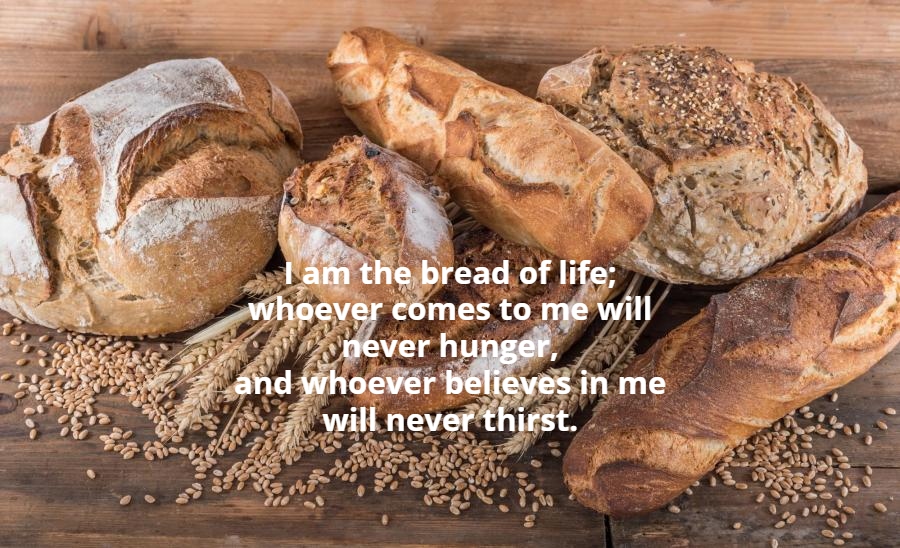
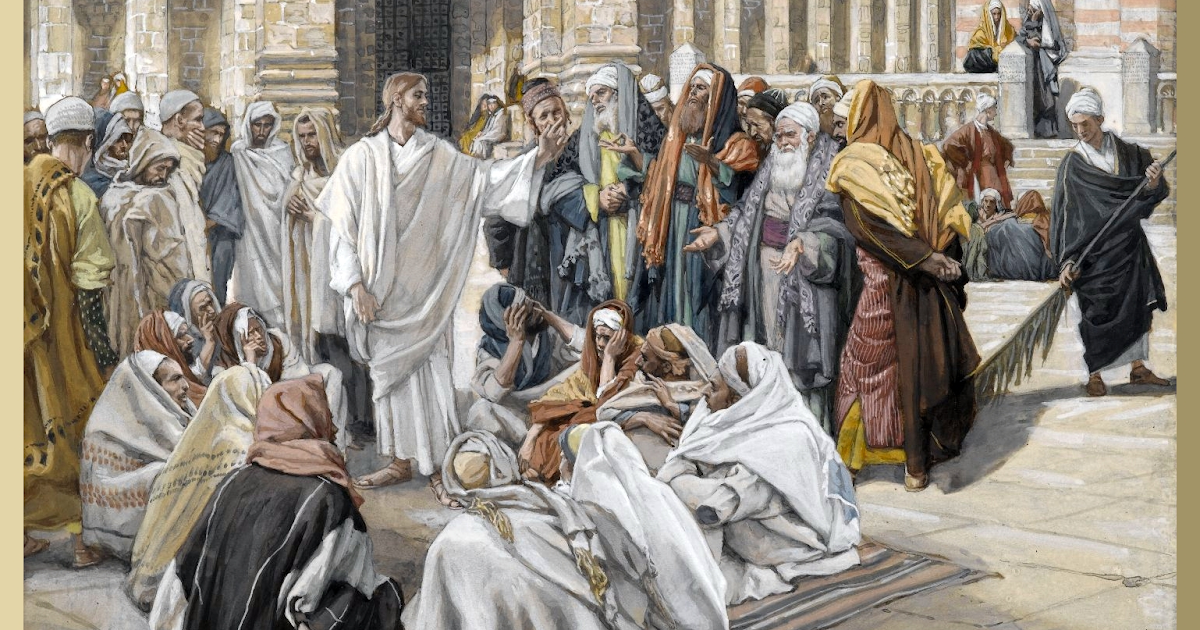
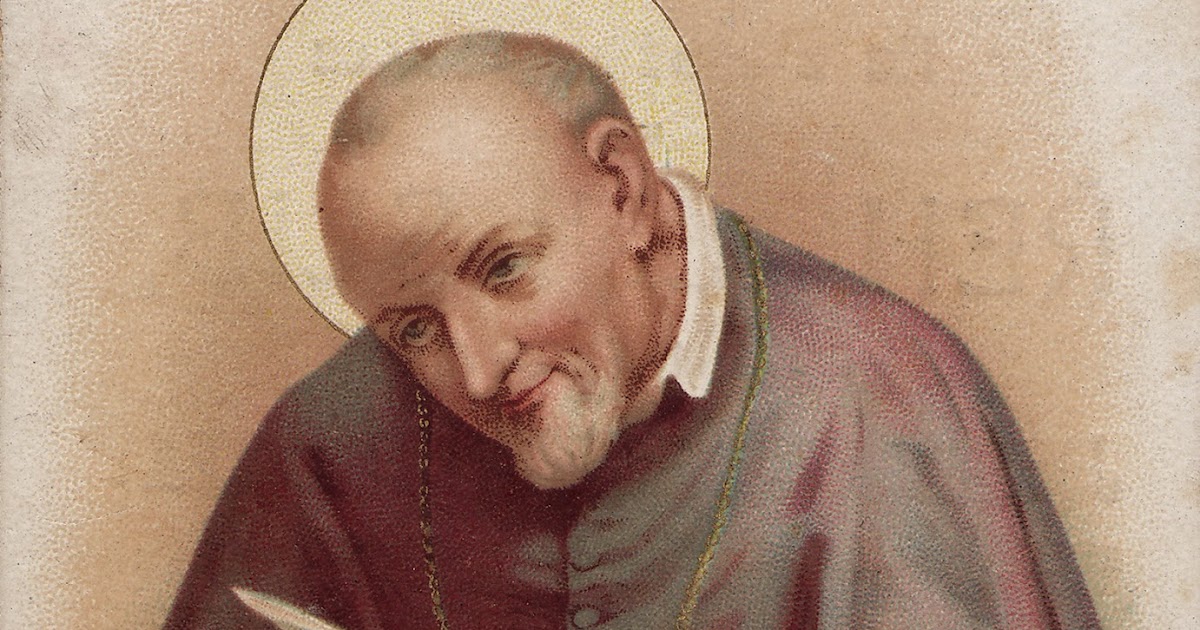
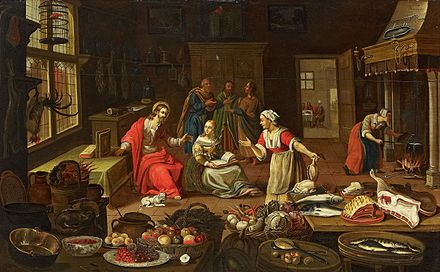
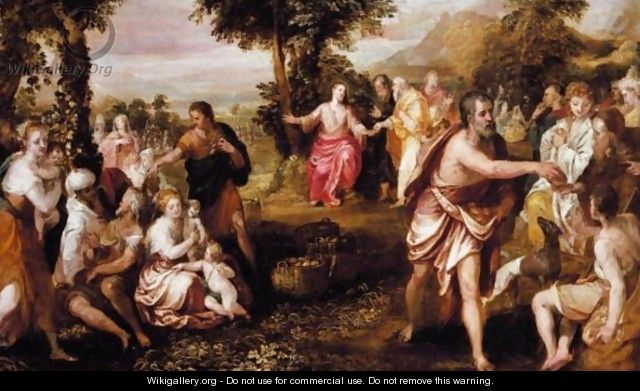




You must be logged in to post a comment.